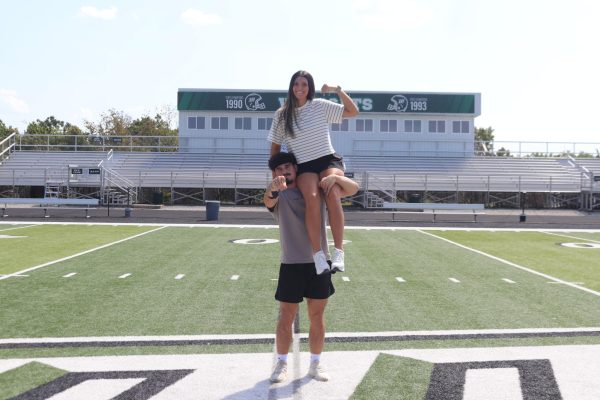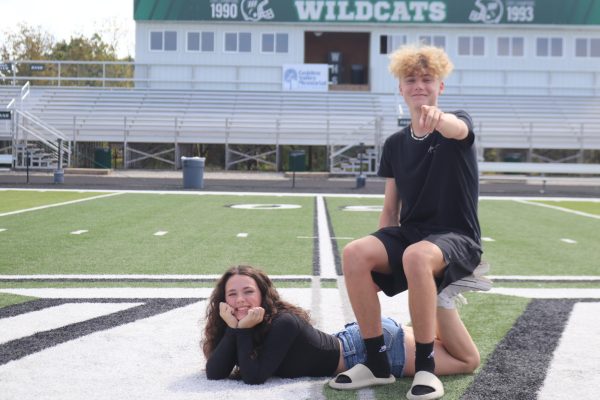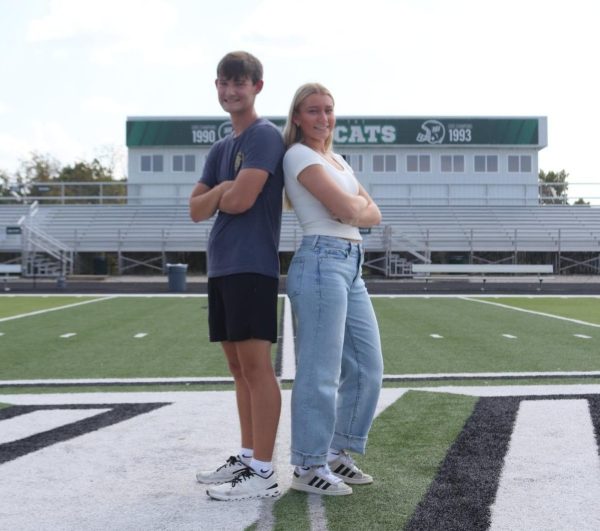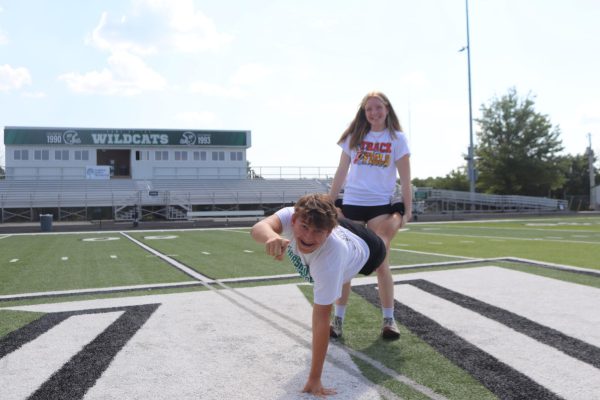Female educators have tremendous impact on students’ lives
From doctors to politicians, teachers have played a pivotal role in the upbringing of civilization’s future. Teaching is a female-dominated industry with 76 percent of public school teachers being female, and each woman has an impact on the lives of her students.
There are many ways that a teacher can make a difference to those around them, pushing themselves and their students to be better people through their actions.
“I want my students to be critical thinkers. I want them to question what they are being told and why something is or is not true,” FCS teacher Suzie Dudenhoeffer said. “I want my students to develop problem solving skills, so that they can function as adults. I want my students to be kind and respectful to everyone.”
“Self-discipline is the most important because it encompasses so many things to help them be successful,” vocal music teacher Deanna Schockmann said. “I love music and I love my students. I see growth in myself as a musician and a person and growth in them in the same ways.”
“A strong work ethic would be the most important. I encourage them to be themselves and always be honest,” math teacher Jowell Roellig said. “I also tell them to never give up!”
“I hope that young women can see through my example that they can further their education and make a difference in the lives of people,” middle school counselor Katie Johnson said.
“I was always told I could do anything I set my mind to do and I want all of my students to understand that [they can do the same thing],” English teacher Amanda Adler said. “I encourage my students to find where their own passions are, where they can make a difference and not to give up.”
Teaching is a career that goes both ways, with students and teachers both growing from the life lessons they experience in the classroom. The fruits of their labor are not always obvious when it comes to making an impact on the lives of their students, but there are some who have come back to let their teachers know that the life lessons they were teaching were not in vain.
“I am not sure I have made that much difference in their lives, but boy have their lives impacted me. I have learned to be more patient, kind and compassionate,” Roellig said.
“The stories I could tell now of the kids who come back and let me know the difference I’ve made could still make me cry,” Johnson said.
Teachers are able to touch the lives of their students in more ways than just teaching in the classroom. Between extracurricular activities and sports, some students are spending more time with their teachers than their own family.
“I love making connections with my students outside of the regular school day,” Adler said. “They seem so fulfilled when they see their hard work paid off in the completion of a newspaper issue or the yearbook. I love that they take pride in their work and pull together as a team to complete the task. This is the kind of real-world experience that co-curricular and extracurricular opportunities can provide.”
“When I first started teaching, I coached volleyball and basketball. With being a coach, you become your players’ second set of parents. With spending time with the team during school and after school, you may be spending more time with them than their family,” math teacher Amy Spunaugle said. “As a teacher, I do feel I can make an impact on students’ lives, but the depth of that relationship is not as wide as it was with coaching. I do try to guide students to be their best selves.”
Spunaugle has been teaching mathematics for 27 years, but there are some teachers at WHS who have been educators for nearly 30 years. Over the course of their long careers and years of education, teachers have had to overcome numerous obstacles and setbacks to get to where they are now.
“I grew up in a low-income household and had to work extra hard to get scholarships so I could go to college. I worked many different jobs all through high school and college to make that happen,” Dudenhoeffer said. “I also am dyslexic, but when I was growing up it was at a time that educators really didn’t know about or diagnose dyslexia, I just knew that it took a great deal more effort for me to learn to spell words correctly.”
“My barriers have all been self-imposed,” Schockmann said. “Just having fear of stepping out and taking a risk is totally on me and has certainly kept from achieving things at the level I know I could have. Growing older has been helpful with that because you just grow in confidence and stop caring as much about what people may or may not think of you.”
“The biggest challenges I have faced are working my way through college to get my bachelor’s degree, completing my master’s degree while working full-time as a teacher, theater director and speech team coach while also being a rancher’s wife and the mother of two small children,” Johnson said.
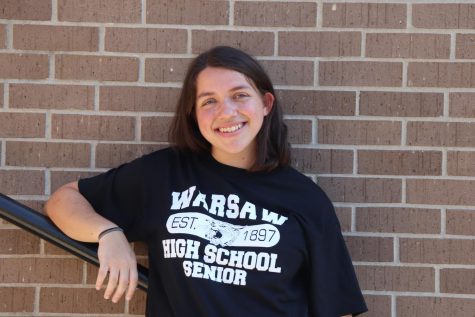
Senior Emmaleigh Kowal is serving as a co-editor-in-chief for the Wildcat Staff after being on staff for three years. She is a writer who enjoys telling...


